News in Brief
-
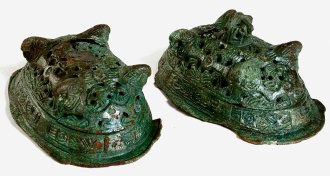 Anthropology
AnthropologyViking-era woman sheds light on Iceland’s earliest settlers
Viking-era woman accompanied island’s early settlers as a child from Scandinavia or Britain.
By Bruce Bower -
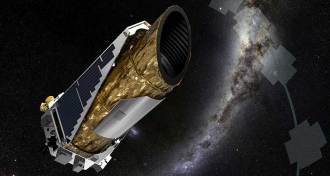 Astronomy
AstronomyKepler telescope readies for new mission after communications scare
The Kepler space telescope has recovered from going into emergency mode and is now ready for its next planet-hunting mission.
-
 Neuroscience
NeuroscienceLip-readers ‘hear’ silent words
Lipreading prompts activity in the brain’s listening area.
-
 Neuroscience
NeuroscienceForgetting can be hard work for your brain
It can take more work to forget something than to remember it.
-
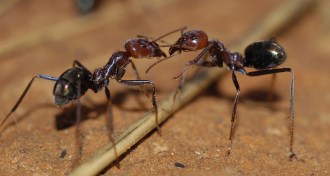 Animals
AnimalsAnt antennae provide chemical ID
Ants use their antennae to identify nest-mates and potential invaders. But antennae also produce the key compounds that ants use to tell friend from foe.
-
 Psychology
PsychologyMarijuana use starting in youth implicated in financial woes
Long-term, heavy pot smoking linked to financial troubles by age 38.
By Bruce Bower -
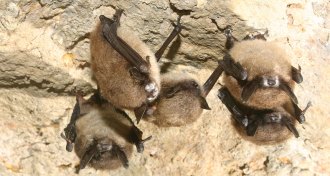 Animals
AnimalsLethal bat disease moves west
For the first time, the bat-killing white-nose syndrome shows up west of the Rockies.
By Susan Milius -
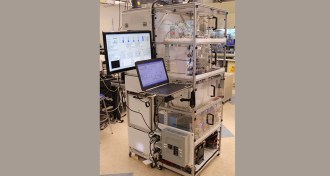 Health & Medicine
Health & MedicineMachine makes drugs on demand
A new drug-making system rapidly produces a variety of medications on demand.
-
 Animals
AnimalsAncient snake wore green
Scientists have reconstructed the skin coloration of a fossilized snake that’s about 10 million years old.
-
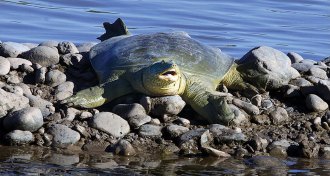 Archaeology
ArchaeologyAncient Assyrians buried their dead with turtles
Why did ancient Assyrians bury their dead with turtles? The reptiles may have served as symbolic protectors of the dead.
-
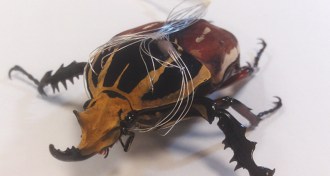
-
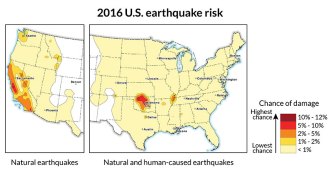 Earth
EarthQuake risk in parts of central U.S. as high as in fault-filled California
A new report from the U.S. Geological Survey shows an increased earthquake hazard from human activities such as the disposal of fracking wastewater.